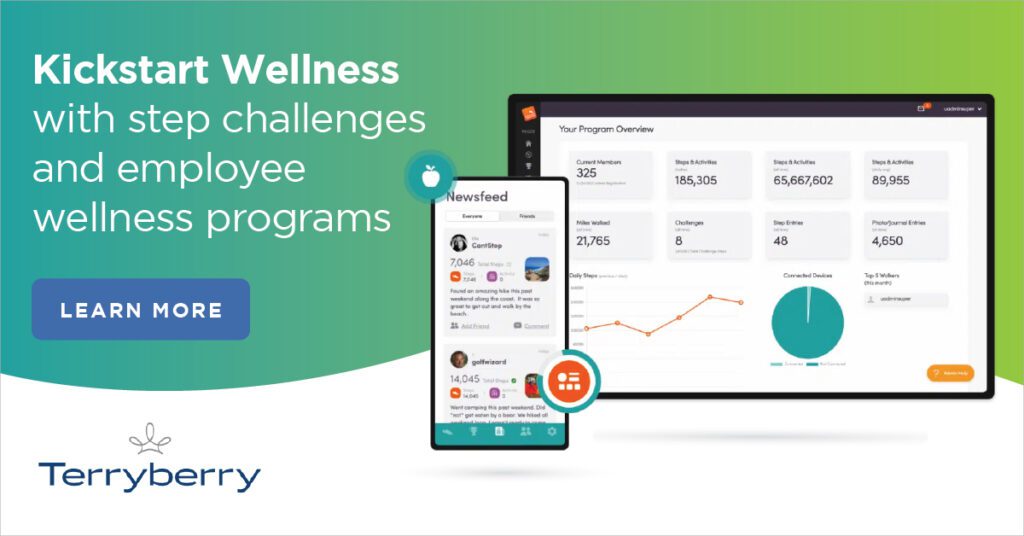January 10, 2023

In an ideal world, managers would be able to invest endless resources into their employees. Classes, seminars, and hands-on training would be endless. Unfortunately, most companies have budgets in place that limit resources, which in turn, limits who gets those resources.
This leaves managers and leaders having to choose who to invest in. And one way they do so is by evaluating who their high-potential (HIPO) employees are.
What is a High-Potential Employee?
As the name suggests, high-potential employees are employees who have potential to succeed beyond their current role. However, don’t confuse high-performing employees with high-potential employees. While both types of employees tend to finish tasks early, thoroughly, and consistently outperform their peers, high-performing employees will lack the soft skills needed to become effective leaders.
High-potential employees, on the other hand, will also demonstrate initiative and leadership abilities that’d make them effective managers, like consistently helping guide their peers through assignments or being able to connect with a wide range of people.
These are the employees you trust to not only meet expectations but exceed them. Essentially, a high-potential employee is who managers think of first when it comes time to promote within the company.
Why is Identifying High-Potential Employees Important?
Identifying and investing in the right people can make a significant difference to the success of your company. Studies have long linked investing in the right people with maximized organizational returns.
In fact, these studies revealed Pareto’s principle – that is, the “80/20 rule.” Meaning, 80% of organizational output is done by the top performing 20% of employees. Additionally, these studies find that the top 5% of employees generate 25% of organizational output, and the top 1% accounts for 10% of output.
Furthermore, some research suggests that high-potential employees are 91% more valuable to a business than non-high potential workers.
And although these numbers are significant, high-potential employees can impact more than just productivity.
Benefits of Identifying High-Potential Employees
Investing in the right people can lead to a wide range of organizational benefits. Some of these include:
- Saving the company money - due to their efficiency and willingness to quickly learn new skills, HIPOs are great resources for organizations.
- Succession Planning – High-potential employees can be helpful when it comes to succession planning as well. Knowing who’s next in line will help make transitions smooth and seamless. Communicating these plans to your HIPOs will also strengthen their trust and loyalty in your company.
- Ripple Effect – HIPOs naturally have positive impacts on other employees too. Due to their nature, they are happy to help, guide, and collaborate, making them great employees to have around.
All this is to say, investing in the right people can lead to exponential payoffs for your company. The key is identifying your high-potential people and then developing their unique talents.
Related: Talent Development: 7 Ways to Secure and Retain Top Talent
How to Identify High-Potential Employees
Identifying high-potential employees requires managers to take an unbiased look at their team. Trying to remain unbiased here is critical to identifying real talent, rather than promoting people simply with similar traits.
For example, you may find that an employee who performs well and is enthusiastic seems to have high potential, but they end up having no desire to take on a leadership role. Conversely, you may notice an employee you haven’t spent much time getting to know is actually quietly hoping for the chance to lead.
Here are some traits to identify when looking for your high-potential employees:
Initiative
HIPOs tend to naturally take on a leader role when given the opportunity. This means, rather than waiting to be told what to do, they’re more likely to offer up their thoughts on what should be done. They may also be the ones who follow up on projects to ensure they’re progressing and not falling stagnant.
Emotional Intelligence
An often-overlooked element to strong leaders is their emotional intelligence. This means being able to help defuse conflict by ensuring people feel heard and respected. It’s being able to foster a genuine connection with coworkers beyond small talk and pleasantries. It’s being able to understand how other people do their best work. All of this, in turn, generates a greater degree of trust, loyalty, and engagement between peers.
Big-Picture Thinking
High-potential employees are able to see beyond the task at hand and how it fits into the company’s bigger mission. Furthermore, they’re able to identify potential weak points within the company as well as opportunities that would benefit the organization’s long-term strategy. They’ll likely also ask plenty of questions, as HIPO employees tend to be curious and seek a deep understanding of their role and the company as a whole.
Flexibility
High-potential employees are also flexible and adaptable. We all know how things don’t always go as we plan, and a high-potential employee isn’t rattled by changing deadlines or last-minute meetings. A HIPO employee embraces change and will be able to adjust as needed.
Highly Engaged
It may go without saying, but a HIPO employee is great at their current job. They’re engaged in their role, which leads to quality work that typically goes above and beyond expectations. They may seek out opportunities to learn new skills that will make them better at their job, or they may be consistently giving themselves new challenges to help them grow.
How to Develop High-Potential Employees
Once you’ve identified your high-potential employees, you’ll need to then create a plan for developing their skillset. While each individual HIPO employee will have their own unique areas of strengths and weaknesses, there are some general training plans you can have in place to help streamline the development process.
1. Establish a career path
The first thing any leader should do when developing their HIPO employees is to meet with them and discuss their goals. You’ll want to ensure you’re both on the same page and developing skills that not only benefit the company, but the employee as well. Doing so will help foster mutual trust and increase the likelihood that your employee will stay with the company for the long run.
In this meeting, also establish timelines. A sure-fire way to erode the trust you’ve established is to leave the impression that your employee (and your plans) has been forgotten. As a HIPO employee, they will naturally have other job opportunities at their fingertips. Don’t risk losing them simply because you had a misunderstanding about pacing.
2. Offer a mentorship program
Pairing your high-potential employee with a mentor can be an effective way to develop the skills that are particularly important to your company. Pair your HIPO employee with a more senior level employee who has had a career path similar to the one your HIPO employee wants.
From there, have your mentor and mentee meet on a regular basis. As time goes on, your HIPO employee will learn at an expedited rate how to navigate a leadership role within your company. They’ll gain hands-on experience, be able to ask specific questions, and develop a support system throughout the course of their mentorship.
3. Offer training classes
Even though a mentorship program is a wonderful way to train and learn, additional training will also be beneficial to ensure your employee will excel in their new role.
These courses could include:
- Conflict resolution
- Emotional intelligence
- Delegation
- Time management
- Effective feedback
- Change management
- DEI
- And more
These courses may be in person or virtual and will offer a deeper understanding of the skills your HIPO employee already possesses, while broadening into new horizons.
Next Steps
Being able to correctly identify and develop your high-potential employees can exponentially benefit your organization. By increasing productivity, engagement, and morale, these employees are the hidden gems of your business. Through planning, mentorship, and training courses, your high-potential employees have the ability to fully realize their talents.
Interested in more employee development ideas? Schedule an employee recognition software demo with Terryberry today! Our recognition programs can help you build a more purpose-driven and engaged workforce.

